The five older squirrels from the April 4 update are now pretty much on their own; I see them once or twice a day but they’re increasingly skittish, which is good. That, after all, is the goal of wildlife rehab: to put these animals back into their natural environment with the skills they need to survive…and unfortunately, because of the high levels of idiocy, cruelty and apathy in the human race, fear of humans is a necessary survival skill for wildlife.
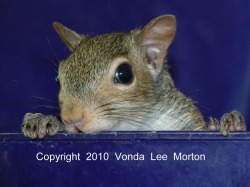
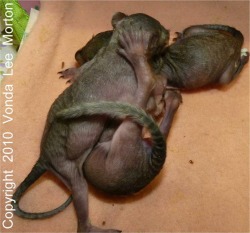
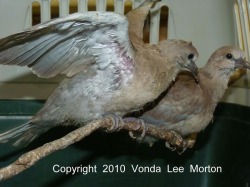
I’m still a bit shell-shocked by the sheer number of possums received in such a short time, and their unexplained deaths have done nothing to improve my overall mood. Possums normally do quite well in rehab, so I’m not real happy to’ve lost so many so quickly, for no apparent reason. As I’ve said before, that’s one of the frustrating things about wildlife rehab—sometimes when you’re doing everything right, it still doesn’t matter and the animals die.
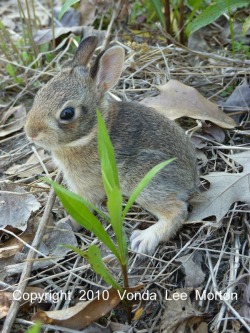
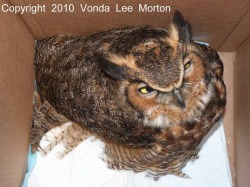
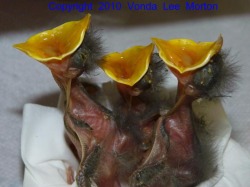
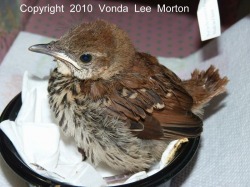
On an “up” note, those of you on the LWR mailing list received a message last week about the Green Choice Campaign that LWR was recently invited to participate in. For those who didn’t get the e-mail, here’s the important stuff again:
You have an exciting opportunity to help us make even more of a difference in our community. GreatNonprofits – a site like Yelp – is conducting a campaign to find the top-rated environmental nonprofits and has invited LWR to participate.
Won’t you help us participate in the campaign by posting a review of your experience with us? All reviews will be visible to potential donors and volunteers. It’s easy and only takes 3 minutes! Go to:
www.greatnonprofits.org/reviews/laurens-wildlife-rescue-inc (You may have to copy and paste this link.)
Be sure to choose "Green Choice Campaign" from the drop down menu of campaigns when writing your review.
AND…LWR is now listed with GoodSearch, a useful and painless way to donate to our efforts! Here’s how that works:
Just download the GoodSearch – Laurens Wildlife Rescue toolbar at http://www.goodsearch.com/toolbar/mode/ (Again, you may need to copy and paste the link.)
Each time you search the web with GoodSearch's Yahoo-powered search engine, about a penny will go your charity or school.
Also, every time you shop online at 1,000 participating stores including Amazon, eBay, Target, Apple, Staples, Expedia, etc., a percentage of your purchase will be donated for free! The site also has thousands of money-saving coupons!
To give you a sense of how the money can add up, the ASPCA has already earned more than $30,000!
And yes, I’ve been working on this update all day, between feedings. Around here this time of year, somebody always needs feeding…
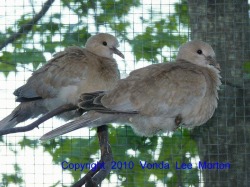
 RSS Feed
RSS Feed
